Table of Contents
- Introduction: Beyond Basic Condiments
- Must-Have Ingredients for Controlled Heat
- Step-by-Step Guide: Engineering Your Spice Profile
- Spice It Up: Creative Mustard Variations
- Storage & Shelf Life Tips
- The Transferable Science of Heat: Condiment Chemistry Decoded
- Perfect Pairings: Strategic Flavor Synergy
- Common Myths About Mustard—Debunked!
- Conclusion: Master Your Condiment Ecosystem
Introduction: Beyond Basic Condiments
Store-bought hot mustard often delivers one-note heat without depth. This guide empowers home cooks to engineer custom condiments where heat, texture, and flavor balance serve specific culinary goals. You'll gain control over the enzymatic reactions that define pungency—transforming mustard from a generic topping into a precision flavor tool.
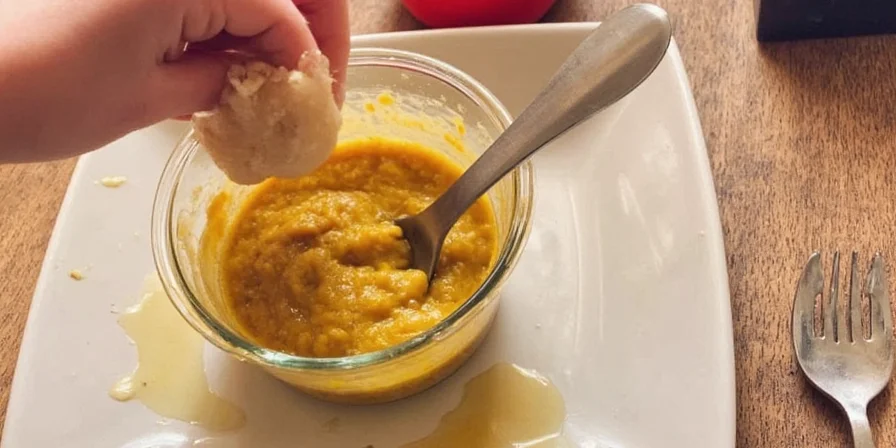
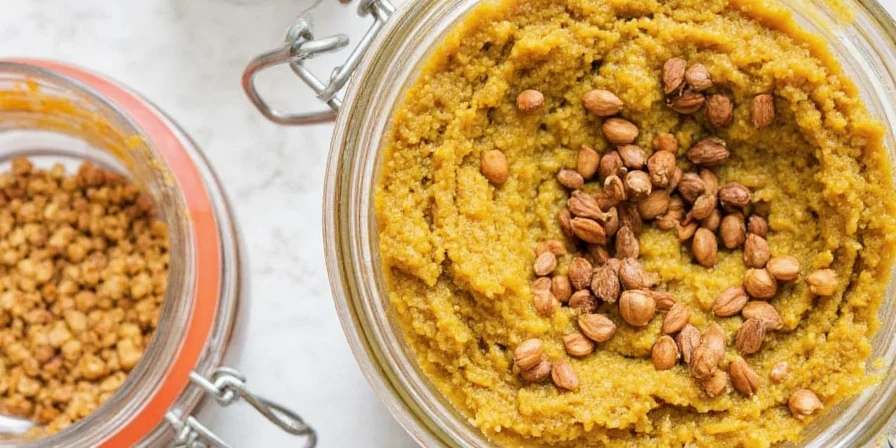
Must-Have Ingredients for Controlled Heat
Successful mustard hinges on understanding how each component manipulates the enzymatic reaction. Precision matters more than exotic ingredients.
- Mustard seeds: Seed selection dictates your heat ceiling. Brown seeds contain sinigrin (precursor to volatile heat); yellow seeds use sinalbin (milder, heat-stable compound).
- Liquid base: Acidity level controls reaction speed. Vinegar halts enzymes early (tangy, sharp heat); water prolongs reaction (deep, evolving burn).
- Spice boosters: Turmeric for color stability, horseradish for nasal heat amplification, garlic for umami foundation.
| Seed Type | Heat Mechanism | Culinary Application |
|---|---|---|
| Yellow | Sinalbin (stable, mild) | Sandwiches requiring consistent mild heat |
| Brown | Sinigrin (volatile, intense) | Deli meats needing sinus-clearing intensity |
| Black | Sinigrin + myrosinase (explosive) | Specialty applications like charcuterie boards |
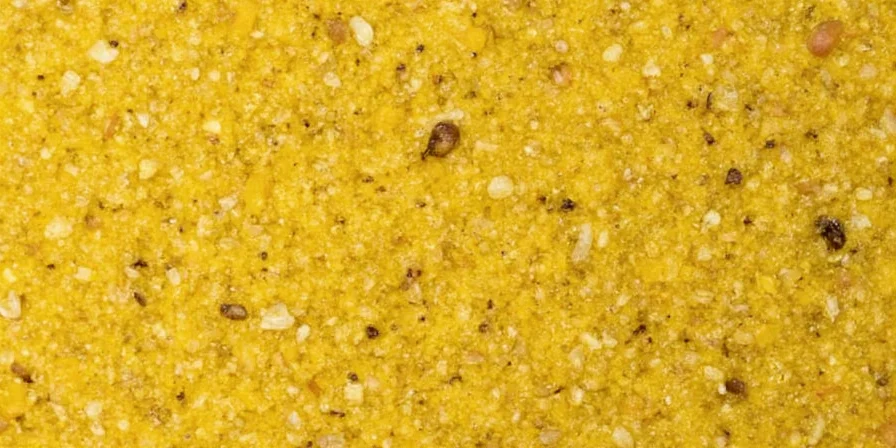
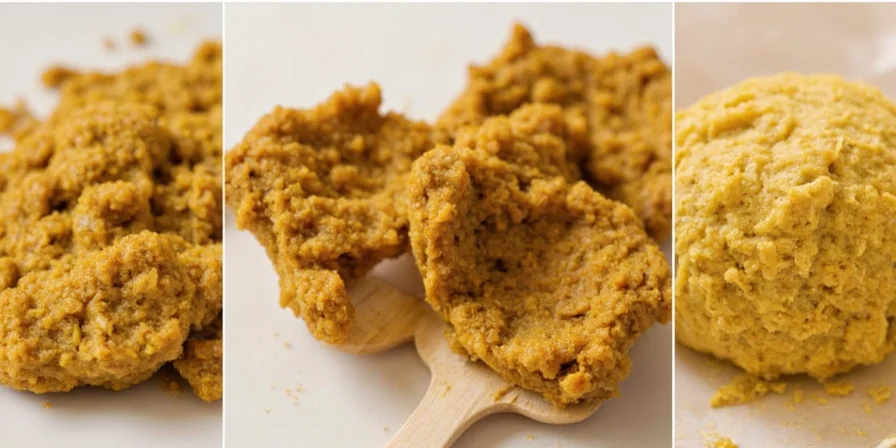
Step-by-Step Guide: Engineering Your Spice Profile
- Seed preparation: Whole seeds for textured heat bursts; coarsely ground for balanced release; finely ground for immediate, uniform burn.
- Liquid activation: Mix with cold liquid to control reaction onset. Water yields maximum heat; vinegar/wine caps peak intensity.
- Resting protocol: 10 minutes for initial bite; 24 hours for complex depth. Refrigeration slows enzyme activity for precision tuning.
- Texture refinement: Blend only if seeking uniform heat. Hand-mashing preserves seed integrity for layered spice delivery.
- Final adjustment: Add honey to neutralize pH (reducing heat) or lemon juice to enhance volatility.
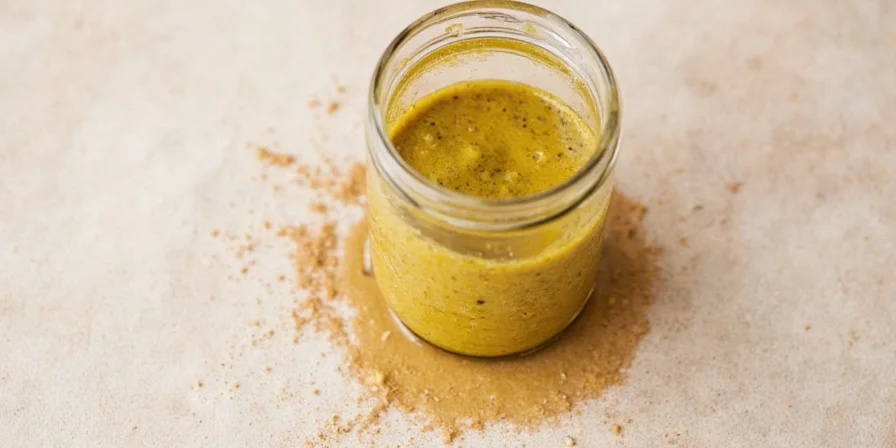
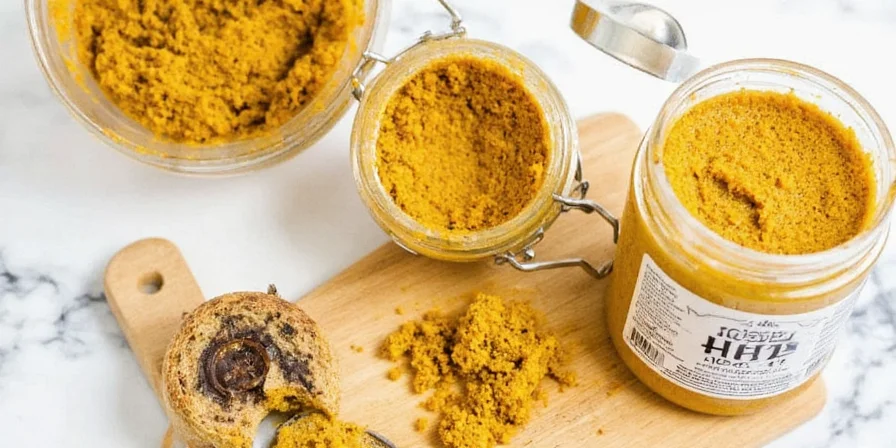
Spice It Up: Creative Mustard Variations
Leverage the core science for strategic flavor engineering:
- Beer Mustard: Dark ale's maltiness counterbalances sinigrin's volatility. Use within 2 hours to prevent enzyme denaturation.
- Honey-Infused Heat: Honey's glucose competes with myrosinase enzymes, delaying peak heat by 45 minutes—ideal for slow-cooked meats.
- Wasabi Fusion: Wasabi's intact cells release heat only when ruptured. Blend mustard with fresh wasabi for dual-wave pungency.
- Smoked Paprika Mustard: Smoke compounds bind to heat receptors, creating perceived warmth without trigeminal irritation.
Storage & Shelf Life Tips
Preserve engineered heat profiles through controlled degradation:
- Refrigerate in UV-blocking containers—light accelerates allyl isothiocyanate breakdown.
- Freeze in ice cube trays for single-use portions; thawing restores 80% of initial pungency.
- Shelf-stable version: Increase vinegar to 5% acidity and include 1% salt to inhibit enzymatic reactivation.
The Transferable Science of Heat: Condiment Chemistry Decoded
Mustard's magic lies in myrosinase enzymes converting sinigrin into allyl isothiocyanate—the same compound in horseradish and wasabi. But unlike capsaicin (chili heat), this volatile compound activates TRPA1 receptors in nasal passages first, explaining the sinus-clearing effect.
This principle transfers across condiments: controlling pH, temperature, and enzyme exposure lets you manipulate heat in any cruciferous-based sauce. For example, adding cream to horseradish mimics mustard's vinegar effect—capping peak pungency. Master this, and you'll engineer heat profiles for any dish, from delicate seafood to smoked brisket.
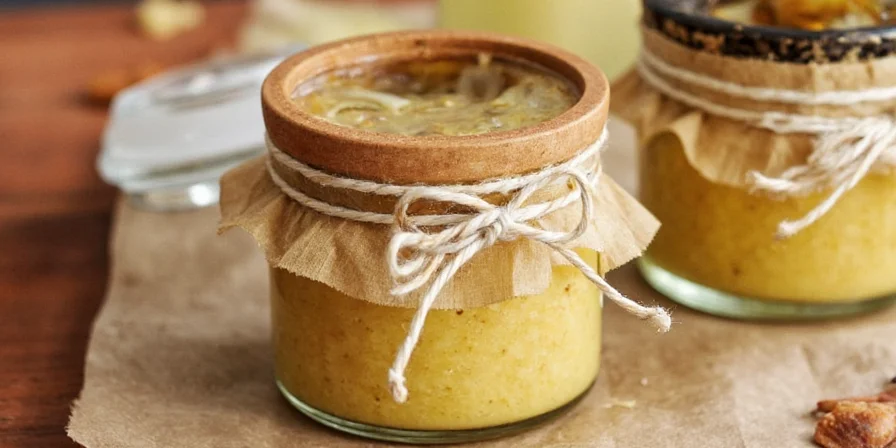
Perfect Pairings: Strategic Flavor Synergy
Match mustard's heat profile to dish composition:
- Fatty foods (bratwurst, pork belly): Use brown-seed mustard with vinegar base—the acidity cuts through fat while volatile heat lifts richness.
- Delicate proteins (fish, chicken): Yellow-seed mustard with wine base provides gentle warmth without overwhelming.
- Starchy bases (pretzels, potatoes): Black-seed mustard creates textural contrast against soft carbs.
- Sweet elements (honey-glazed ham): Wasabi mustard delivers heat that complements rather than competes with sweetness.
Common Myths About Mustard—Debunked!
Separating condiment science from fiction:
- Myth: Mustard neutralizes spicy food.
- Fact: Its volatile compounds intensify nasal burning—use dairy for capsaicin relief instead.
- Myth: Heat increases indefinitely during storage.
- Fact: Allyl isothiocyanate degrades after 48 hours. Peak heat occurs at 24 hours for brown-seed mustards.
- Myth: All mustards preserve equally well.
- Fact: Yellow mustard's sinalbin structure resists bacterial growth better than brown-seed varieties.
Conclusion: Master Your Condiment Ecosystem
Homemade mustard transcends mere recipe execution—it's applied food science that elevates your entire cooking process. By understanding the enzymatic dance between seeds and liquid, you gain precise control over heat delivery, transforming condiments from afterthoughts into strategic flavor architects. This knowledge transfers directly to horseradish, wasabi, and even hot sauces, making you the unseen conductor of your kitchen's sensory experience. Start with one variation, document your adjustments, and soon you'll engineer heat profiles as deliberately as a chef crafts a sauce.
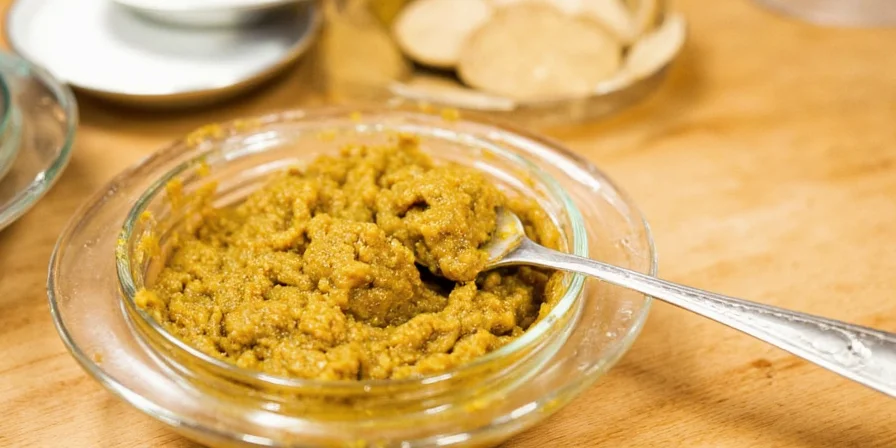
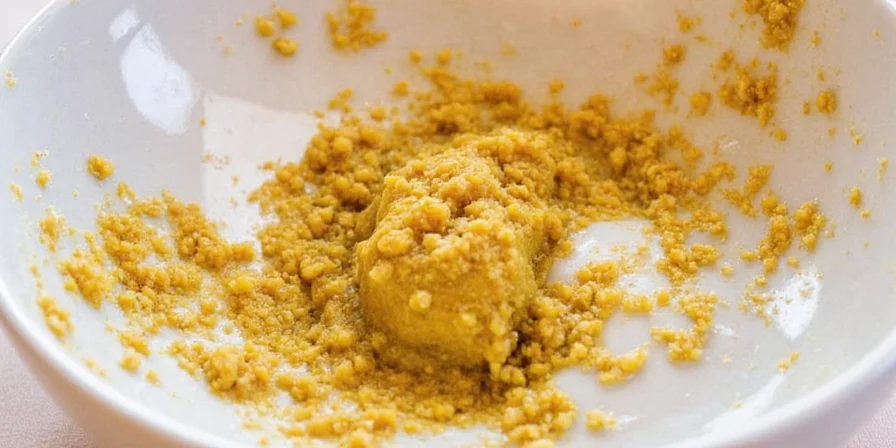
Frequently Asked Questions
How do I prevent bitter aftertaste in homemade mustard?
Bitterness stems from over-activated myrosinase enzymes. Soak seeds for exactly 10 minutes in cold liquid, then refrigerate immediately. Avoid blending seeds beyond coarse texture—fine grinding releases bitter-tasting tannins.
Can I substitute lemon juice for vinegar without losing heat control?
Yes, but adjust for pH differences. Lemon juice (pH 2.0-2.6) halts enzymes faster than distilled vinegar (pH 2.4-3.4). Use 25% more lemon juice and reduce resting time by 30% to maintain intended heat profile.
Why does my mustard separate after refrigeration?
This indicates incomplete emulsification. Mustard's mucilage requires mechanical agitation beyond initial mixing. Blend for 2 full minutes after liquid addition, or add 1/2 teaspoon xanthan gum per cup to stabilize molecular bonds.
How can I make mustard shelf-stable for gift giving?
Achieve shelf stability by: (1) Using 6% acidity vinegar, (2) Processing in boiling water bath for 15 minutes, (3) Ensuring final product pH stays below 4.0. Test with pH strips before sealing—this prevents bacterial growth while preserving heat compounds.

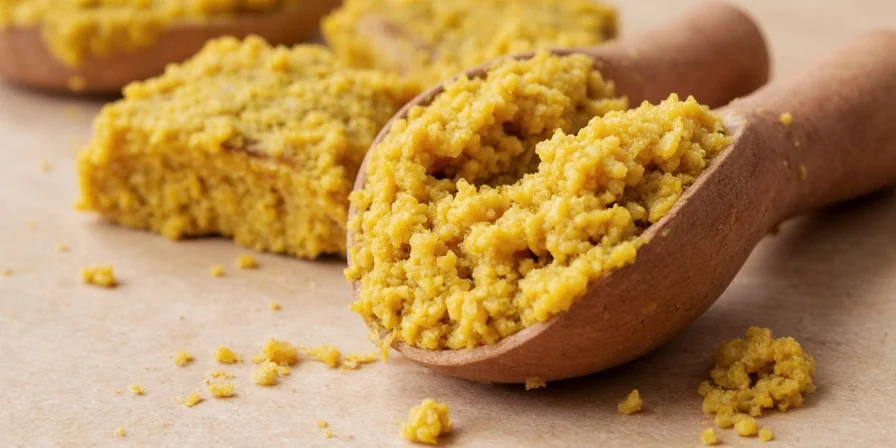









 浙公网安备
33010002000092号
浙公网安备
33010002000092号 浙B2-20120091-4
浙B2-20120091-4